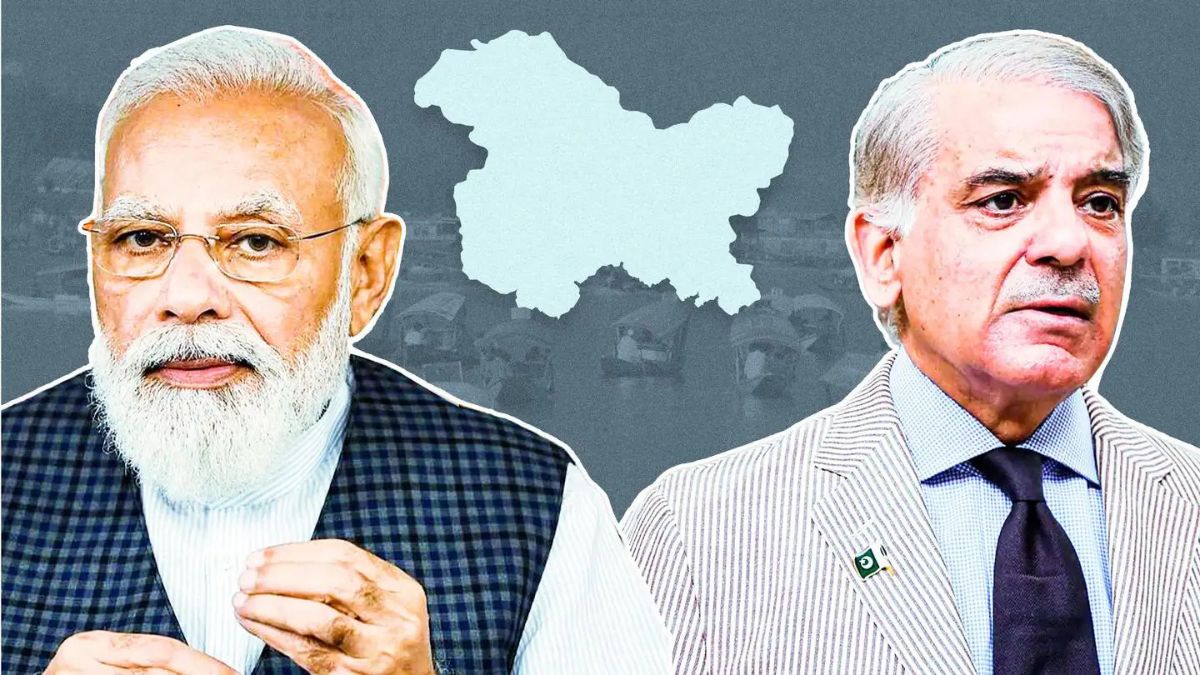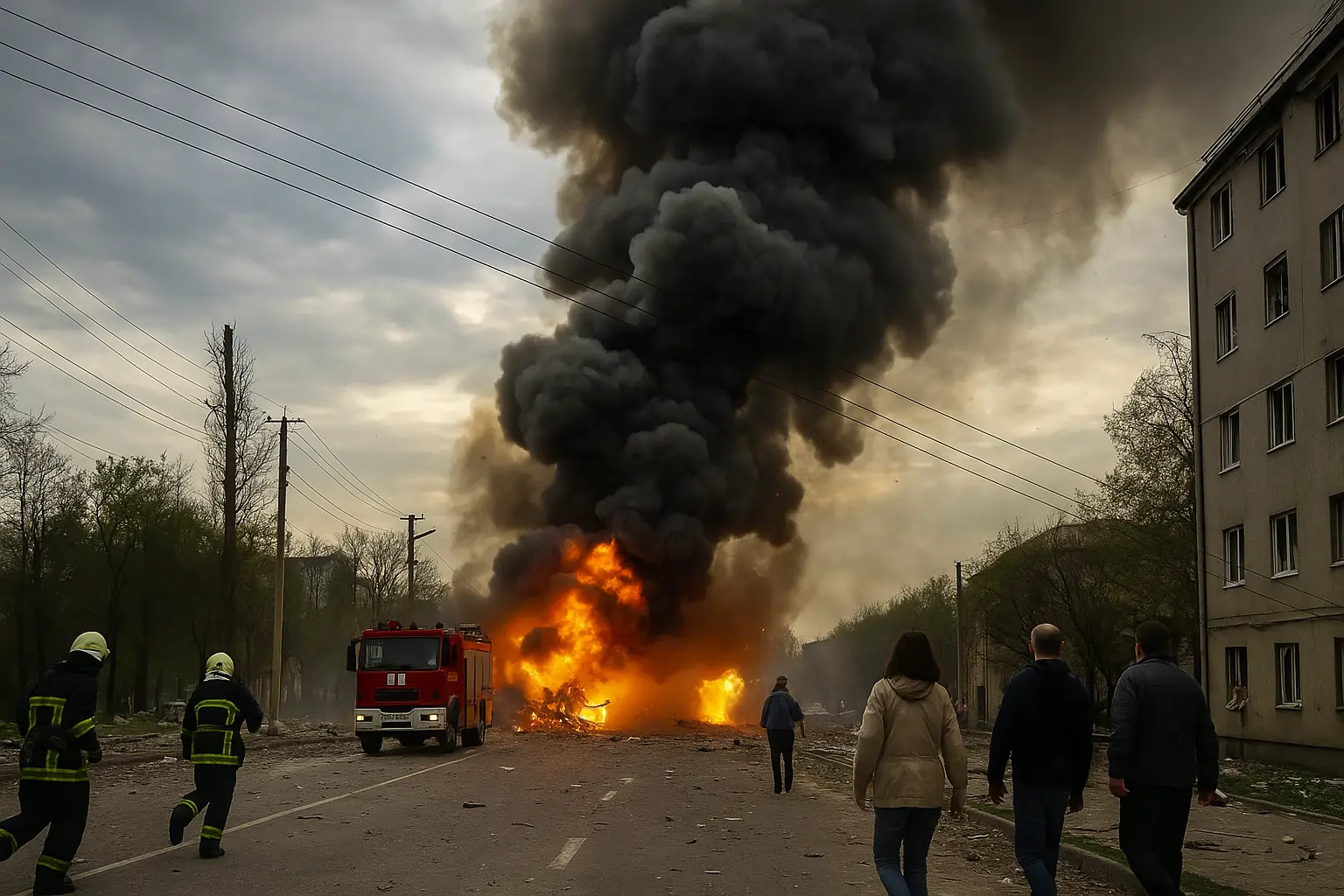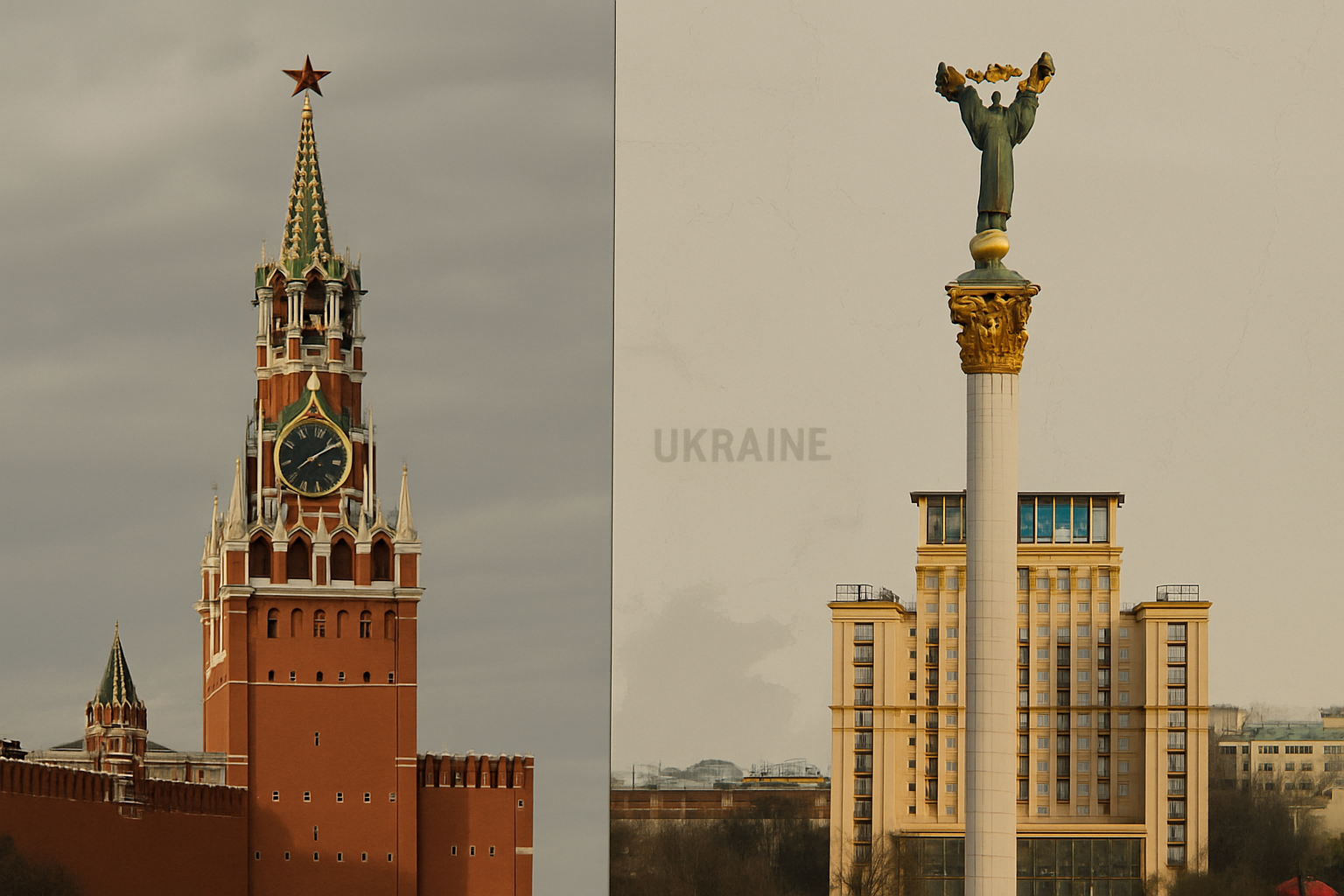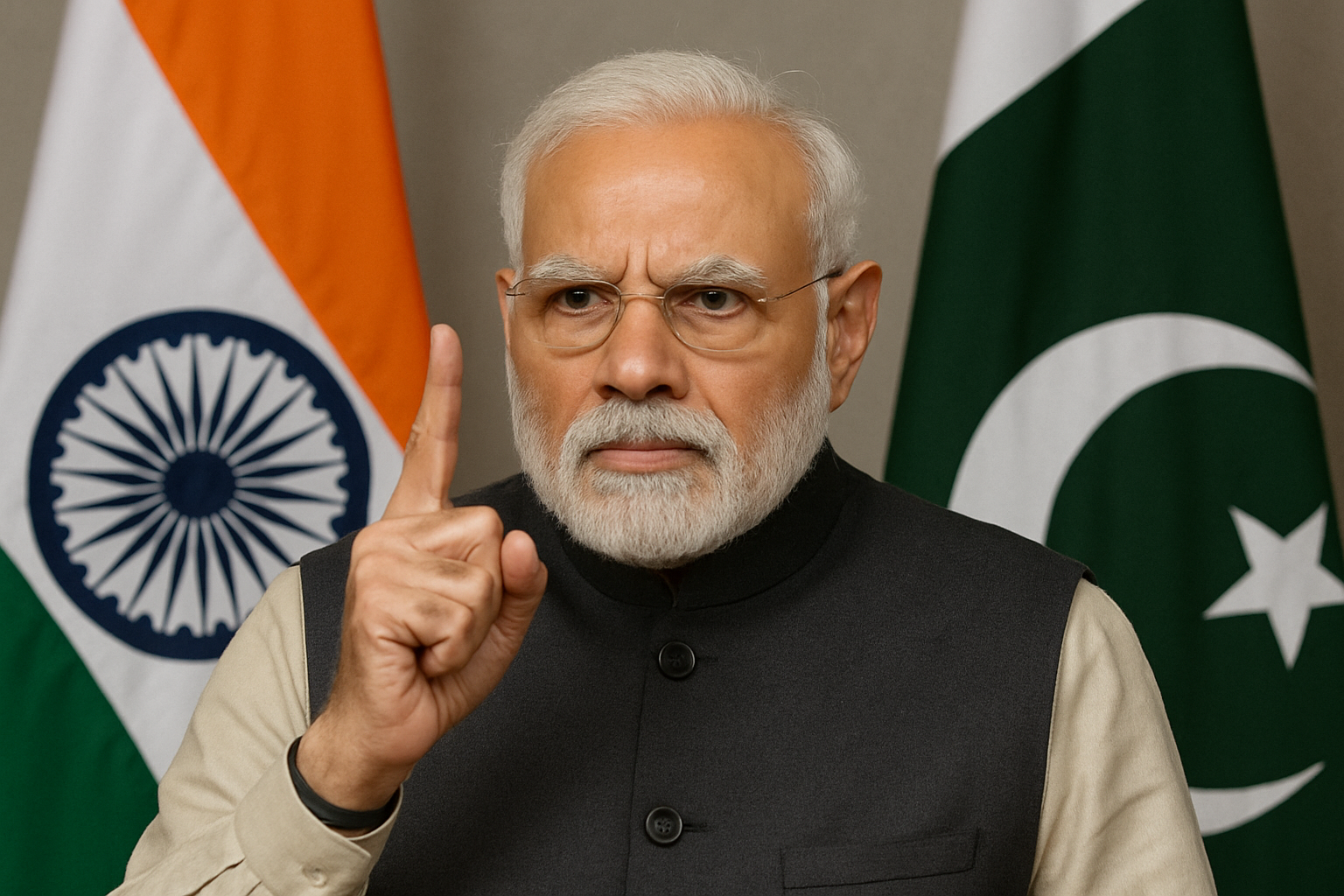In a step that is being characterized as a significant escalation in regional tensions, India has blocked all imports and exports to and from Pakistan, effectively stopping bilateral trade between the two neighboring countries. The move, which took effect immediately after a high-level meeting in New Delhi, is likely to have serious economic consequences for Pakistan, which is already grappling with inflation and fiscal uncertainty.
National security interests, cross-border terrorism, and mounting diplomatic tensions were given as primary motivations by the Indian government for the historic trade freeze. Union Minister for Commerce and Industry Piyush Goyal asserted the action on Saturday, saying, “This government will not permit trade to proceed when the safety and interests of our citizens are in danger. Economic relationships cannot be disentangled from national security.”
The move comes after a series of fiery exchanges between the two nations over recent border clashes, as well as India’s growing frustration with what it terms Pakistan’s inaction against terror outfits based on its territory. While trade between the two nations has been negligible in recent years, this complete shutdown is the most drastic measure taken in recent history.
Background of Trade Relations
India and Pakistan have a complex trade history. Although both countries were part of the same economic system before 1947, political tensions have frequently broken commercial relations. In 2019, following the Pulwama terror attack in which 40 Indian paramilitary troops were killed, India withdrew Pakistan’s Most Favoured Nation (MFN) status and levied a 200% customs duty on Pakistani goods. This significantly curtailed trade volume.
Over the past decade, bilateral trade annually had fallen to below $500 million from more than $2 billion. However, some basic commodities—like medicines, textiles, and cement—still crossed the border through restricted channels and unofficial means.
Economic Impact on Pakistan
The experts maintain that this outright trade prohibition will disproportionately impact Pakistan, which is already grappling with a deepening economic crisis characterized by record inflation, IMF-imposed austerity, and a sinking currency.
Dr. Ayesha Tariq, an economist in Karachi, added: “While the official trade figures are minuscule, the symbolic and psychological effect of this ban is enormous. It will cause some important supply chains to be broken and damage small businesses engaged in cross-border trade.”
She further said that black-market trade channels might also be affected, particularly in areas such as Punjab and Sindh where cross-border smuggling of consumer goods and raw materials is common.
Pakistan’s Response
The Pakistani Ministry of Commerce acted quickly to condemn the move, calling the decision “an act of economic aggression.” In a press release, the ministry stated, “This is yet another example of India politicizing trade for its narrow strategic objectives. Pakistan will take all available options, including diplomatic and economic retaliatory measures.
Former Prime Minister and opposition leader Shahid Khaqan Abbasi denounced the Indian action but asked the government to exercise restraint. “We need to respond wisely, not emotionally. The poor on both sides of the border suffer most from trade bans,” he said.
Regional and Global Reactions
The action has evoked mixed responses internationally. The United States and the European Union have called for restraint and a return to diplomacy but have refrained from criticizing India’s action. China, an ally of Pakistan, spoke of “concern” and called for “dialogue and peace in South Asia.”
Experts say the trade ban may further isolate Pakistan in the global financial community, particularly as it tries to negotiate better terms from the International Monetary Fund and other multilateral creditors.
What Lies Ahead
India’s Pakistan trade ban is not only an economic move but a strong geopolitical message. As regional circumstances change and both nations move toward politically charged moments—India for general elections, Pakistan under intense financial scrutiny—the potential for negotiations seems limited in the near future.
In the meantime, businessmen, truckers, and citizens in both nations will suffer from yet another failure of South Asia’s already fragile peace.






